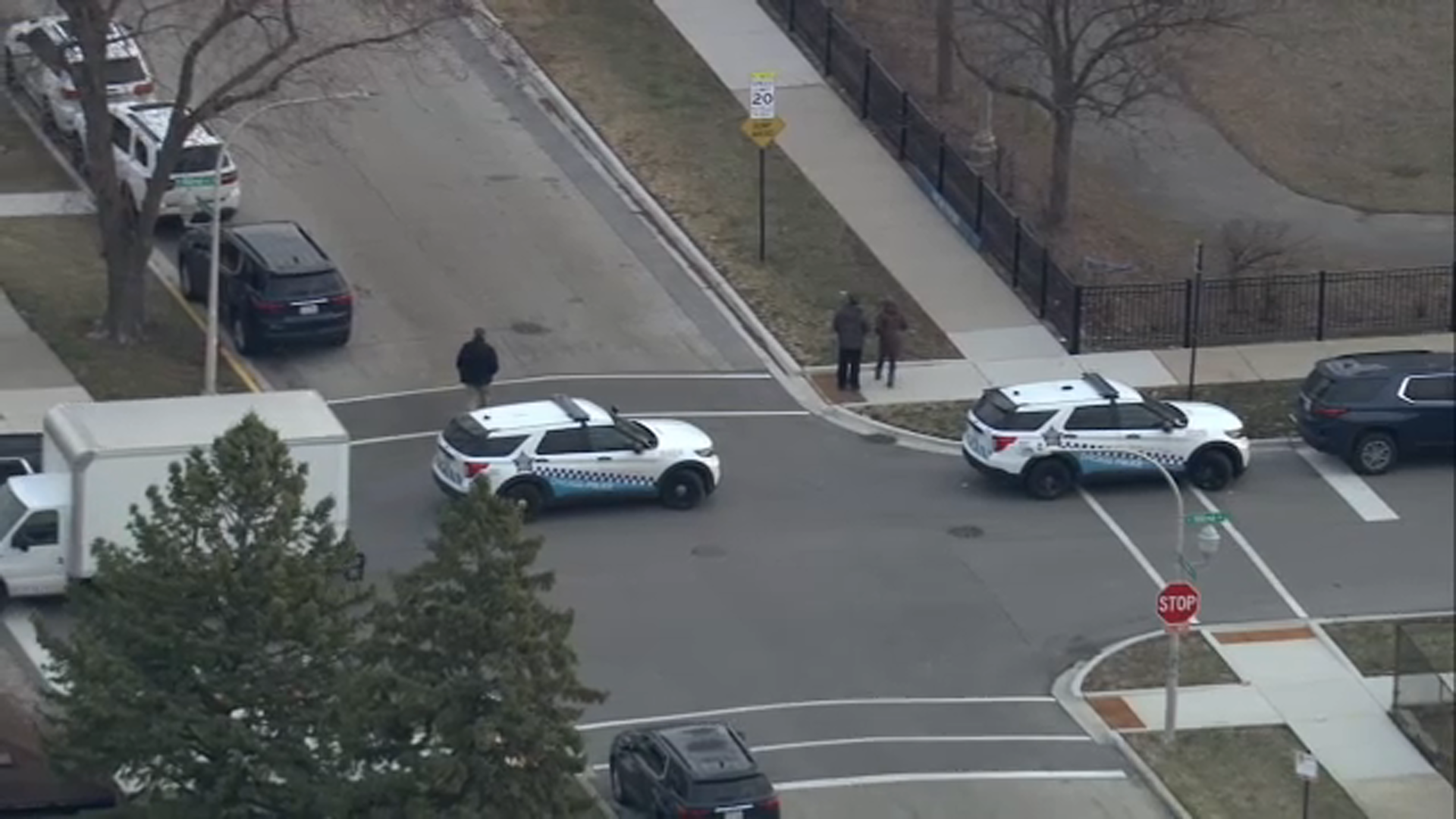Mumps outbreak at Lewis University's Romeoville campus

ROMEOVILLE, Ill. (WLS) -- There is a mumps outbreak at Lewis University's campus in southwest suburban Romeoville, according to school officials.
All students, teachers and staff at Lewis University must submit proof of mumps immunization by Monday, December 10 or risk being barred from campus. That's the word that came from university officials late Tuesday after the Will County Health Department announced the presence of an outbreak. In it's latest update, health officials said one person is confirmed to have contracted the virus, while there are eight other probable cases and what is being called one suspect case.
"The first case was right before Thanksgiving," said Lewis University's Senior Vice-President of Student Services Joe Falese. "They're restricted from campus and can return once that period (infection) is surpassed."
Officials say the MMR vaccine (measels, mumps, rubella) has virtually eliminated the disease. These days Mumps outbreaks are rare. When they do occur, it's usually in college environments
"It's often passed by saliva. So it can be passed by people sharing utensils as well as people who are living in really close conditions, say a college dorm," said Nirav Shah, director of the Illinois Department of Public Health.
The outbreak comes at a busy time for the student body at Lewis University. Classes are continuing as scheduled.
"It's finals week. So they're just trying to push through that last week," said student Andres Paz, who also said he's not worried.
According to Illinois state law, any student enrolled for more than six hours must provide proof of immunization to register, but that doesn't cover everyone on campus.
Flight Instructor Dan Magner brought in his paperwork Tuesday.
"I mentioned it to all my students. Make sure you get all your vaccinations in, because we have finals starting Monday. So I want to make sure they're not barred from campus," he said.
Immunization clinics have been scheduled on campus for Thursday and Friday.
Meanwhile, records of immunity should be submitted to the Lewis University Center for Health and Counseling Services. These documents can also be dropped off at the student services office at the Student Union or the registrar's office at the Learning Resource Center.
Mumps is a viral infection that affects the salivary glads. It is easily preventable by a vaccine. Once contracted though, it's highly contagious and there is no specific treatment for it. Only in rare cases do serious complications, such as swelling of the brain or male infertility happen.

Still, Shah says health officials are looking to contain the spread of the disease by identifying all those who may have been in close contact with the sick students to ensure they get booster shots. Here are examples of acceptable evidence of immunity, according to school officials:
-Written documentation of receipt of one or more doses of a mumps containing vaccine administered on or after the first birthday for preschool-aged children and adults not at high risk, and two doses of mumps-containing vaccine for school-aged children and adults at high risk (i.e., healthcare personnel, international travelers, and students at post-high school educational institutions);
-Written documentation of receipt of an MMR booster in the last five years;
-Laboratory evidence of immunity;
-Birth before 1957; or
-Laboratory confirmation of disease
If you need help finding your immunization records, visit this Lewis University document.
Lewis University said the best defense against mumps is the MMR (measles, mumps, rubella) vaccine.
Anyone who feels sick and develops swollen or painful salivary glands under their ears, jaw or on their cheeks should see a doctor. Common symptoms of a mumps infection are fever, headache, muscle ache, tiredness, loss of appetite and swollen or tender salivary glands under the ears on one of both sides.
To learn more about mumps, visit the CDC website or the Will County Health Department website.
Lewis University said when the school is notified of a suspected case of mumps, the individual is offered support services and restricted from campus until he or she is no longer contagious. Anyone who comes into close contact with that person is notified and any potentially contaminated areas are cleaned.







